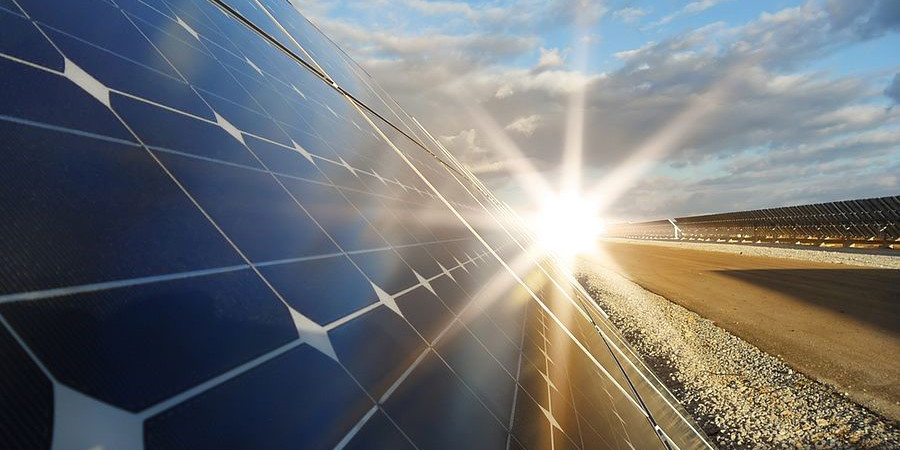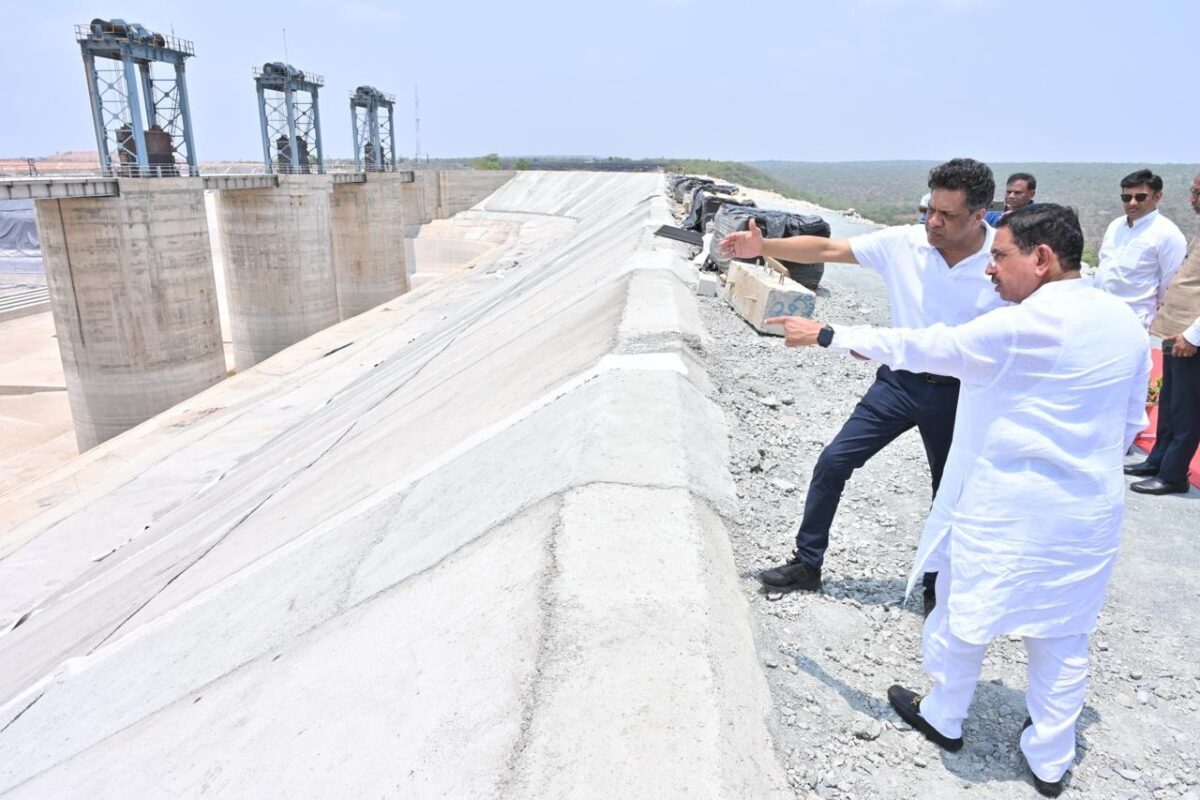The Union Cabinet has approved a Memorandum of Understanding (MoU) between India and Uzbekistan for cooperation in solar PV and energy storage.
The agreement scope includes identifying research/demonstration/pilot projects between India’s National Institute of Solar Energy (NISE) and Uzbekistan’s International Solar Energy Institute (ISEI) in solar PV and energy storage technologies and transfer of technology.
Based on the mutual agreement, both parties would work together to implement and deploy pilot projects in International Solar Alliance (ISA) member countries.
NISE, under the Indian ministry of new and renewable energy (MNRE), conducts research & development, testing, certification, skill development activities in solar energy technologies. Its lab is equipped to test solar PV modules, balance-of-systems, and components as per national and international standards. NISE also houses India’s first solar-based hydrogen-generating facility.
ISEI’s primary objectives include high-technology developments for the use of solar energy in industrial applications in Uzbekistan; preparing proposals for the practical use of solar energy based on advanced and cost-effective technologies; and applied research related to the use of solar energy, including technologies for the synthesis of special materials and heat treatment.
This content is protected by copyright and may not be reused. If you want to cooperate with us and would like to reuse some of our content, please contact: editors@pv-magazine.com.









By submitting this form you agree to pv magazine using your data for the purposes of publishing your comment.
Your personal data will only be disclosed or otherwise transmitted to third parties for the purposes of spam filtering or if this is necessary for technical maintenance of the website. Any other transfer to third parties will not take place unless this is justified on the basis of applicable data protection regulations or if pv magazine is legally obliged to do so.
You may revoke this consent at any time with effect for the future, in which case your personal data will be deleted immediately. Otherwise, your data will be deleted if pv magazine has processed your request or the purpose of data storage is fulfilled.
Further information on data privacy can be found in our Data Protection Policy.